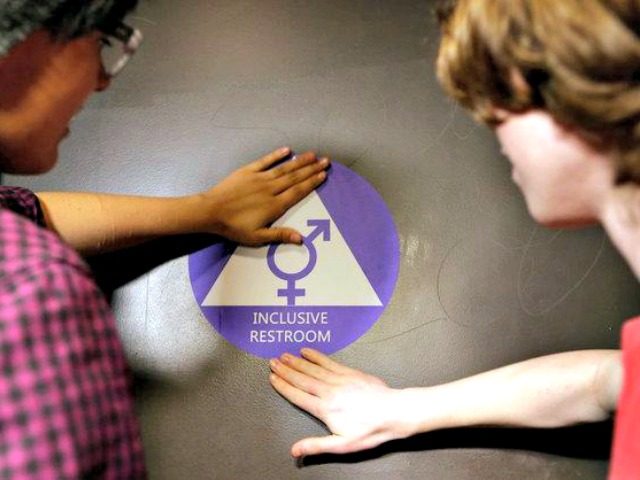Google is working towards “reducing gender bias in Google Translate,” by providing both masculine and feminine translations for words, and will also work to provide “non-binary” translations in the future.
The announcement was made in a Google blog post, Thursday.
“Over the course of this year, there’s been an effort across Google to promote fairness and reduce bias in machine learning. Our latest development in this effort addresses gender bias by providing feminine and masculine translations for some gender-neutral words on the Google Translate website,” declared Google Translate Product Manager James Kuczmarski. “Google Translate learns from hundreds of millions of already-translated examples from the web. Historically, it has provided only one translation for a query, even if the translation could have either a feminine or masculine form. So when the model produced one translation, it inadvertently replicated gender biases that already existed.”
“For example: it would skew masculine for words like ‘strong’ or ‘doctor,’ and feminine for other words, like ‘nurse’ or ‘beautiful.’ Now you’ll get both a feminine and masculine translation for a single word—like ‘surgeon’—when translating from English into French, Italian, Portuguese or Spanish,” Kuczmarski explained. “You’ll also get both translations when translating phrases and sentences from Turkish to English. For example, if you type ‘o bir doktor’ in Turkish, you’ll now get ‘she is a doctor’ and ‘he is a doctor’ as the gender-specific translations. In the future, we plan to extend gender-specific translations to more languages, launch on other Translate surfaces like our iOS and Android apps, and address gender bias in features like query auto-complete.”
Kuczmarski concluded his blog post by revealed that Google is also “already thinking about how to address non-binary gender in translations.”
Last month, it was reported that Google’s Gmail service would stop auto-suggesting “gender-based pronouns” for fear of misgendering people and causing offense, while in May, Google encouraged attendees of the I/O developers conference to wear stickers with their preferred pronouns on, with non-binary options including “They/Them,” and “Ze/Hir.”
Charlie Nash is a reporter for Breitbart Tech. You can follow him on Twitter @MrNashington, or like his page at Facebook.

COMMENTS
Please let us know if you're having issues with commenting.